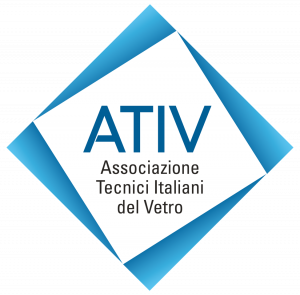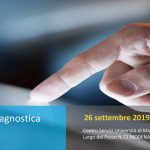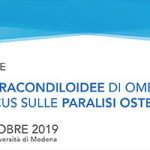novembre, 2019
Dettagli Evento
In the last years, the awareness for the environment is, righteously, increased. Environmental goals are always more ambitious and in safeguarding the environment it is
Dettagli Evento
In the last years, the awareness for the environment is, righteously, increased. Environmental goals are always more ambitious and in safeguarding the environment it is necessary that these objective be achieved. The consequences of this is that the laws concerning emissions and pollutions are becoming more and more restrictive. The challenge for a glass manufacturer is the respects of the laws while maintaining the quality standard of the glass produced unchanged.
In the light of the above, in order to reach this goals it’s important to be updated on European Legislation, its various interpretations and what the future will bring.
The European regulations EU-ETS and IPPC directives have a large impact on the European glass industry and should harmonize the efforts in the European Union to reduce greenhouse gas emissions (EU-ETS) and other emissions (IPPC).
The IPPC regulations will be replaced in the near future with a new directive for industries and power plants in the European Union, the Industry Emissions Directive (IED).
The Glass BREF documents describe the EU-glass industry, their emissions and methods (BAT) to abate emissions. It shows values of emission levels after applying BAT: BATAEL.
The state of art of best practices in glass manufactory for the reduction and monitoring of different pollutants like nitrogen oxides (NOx), particulate matters, sulphur oxides (SOx) etc., will be addressed and explained.
The topic of combustion optimization will be discussed, since optimizing this fundamental aspect of the process is the first step for having a quality production and reduced emissions. This aspects take into account many process factors and every furnace has its own adapted strategy function of furnace type, its pull rate, type of glass produced.
An integrated approach, which includes the optimization the combustion and all the others abatement techniques, i.e. electrostatic precipitator, DeNOx, etc., is necessary and very helpful in order to achieve environmental and quality goals.
Dettagli evento
PRELIMINARY PROGRAMME
Speaker: Walter Battaglia 10:00-13:00 (20 minutes break included)
- Gaseous emissions sources and best available techniques (BAT) for their reduction;
- Emission monitoring: Continuous and discontinuous analysis;
Speaker: Damiano Marchese: ore 14:00-17:00 (20 minutes break included)
- Methodology and integrated techniques in glass furnace monitoring:
- Combustion engineering and optimization (primary techniques);
- Energy Balance;
- Sulphate and chlorine Balance;
- Carry over
- Secondary treatment techniques;
The course will be held in English and no translation service will be provided.
Modalità di partecipazione
| Registration Fees | EARLY REGISTRATION within November, 7th |
ON SITE |
| Course – ATIV Members | € 200,00 + VAT 22% | € 300,00 + VAT 22% |
| Course – NON Member | € 300,00 + VAT 22% | € 400,00 + VAT 22% |
For the registration form click here
Segreteria Scientifica

Segreteria Organizzativa
MV Congressi
Via Marchesi 26/D – 43126 PARMA
Referente: Veronica
Tel. 0521-290191 int. 41 – Fax 0521-291314
Quando
Tutto il giorno (Venerdì)
Location
Dipartimento di Ingegneria e Architettura
University Campus





